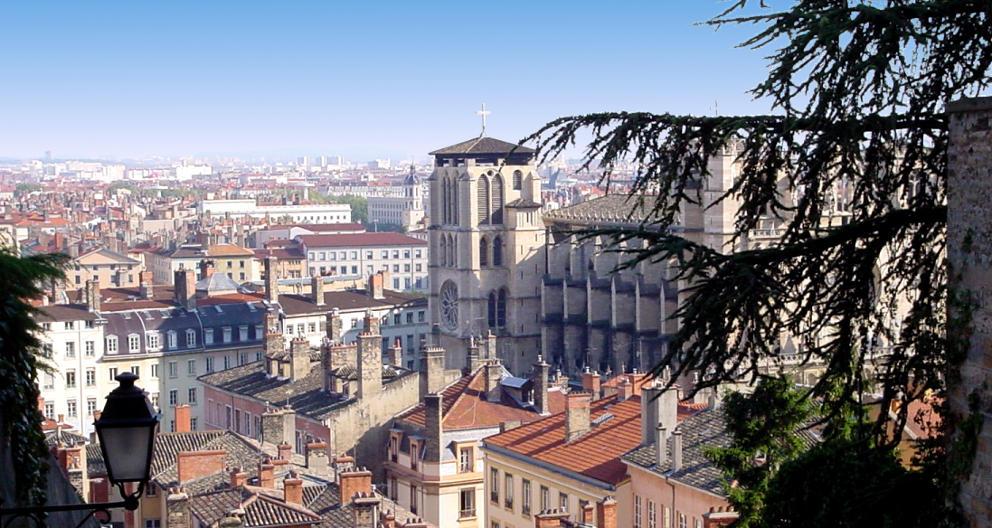it depends if you’re going more Fantasy or more Historic, a Fantasy France isnt that much different to Fantasy England, especially as our Fairytale concept of a Land Far Far Away is primarily based on French folklore AND because of Englands conquest by the French Normans which meant that French and English history was/is largely intertwined.
Generally though France had a patchwork of fiefs leading to a weakening of Royal authority, and power being held by regional Princes (Dukes, Counts) and Bishops. It was the Princes who gained local fidelity from the knights. (Often common warriors who pledge loyalty innreturn for landholdings), dispensed justice and defended the city-districts from attack from Vikings from the North, Magyars in the East and Mediterranean Muslims in the South (often via payment of tributes). France had far more tenant landholders than England, but even such free peasants were compelled to work their lords reserves and use the lords mill and winepress, as well as the lords court.
Improvements in agriculture lead to stimulation of trade and growth of market towns and cities. Urban merchants often became wealthier than the local count and this lead to push for greater freedoms. Paris itself is an aggregate of expanded villages, which allowed it to control its own agricultural outputs as well as expanding commerce and industry. France becomes important as a trade nexus between the Mediterranean, England and Hanseatic markets. Trade Guilds (Confratria) were common and the leaders became powerful enough to dominate city governments as Mayors and magistrates. This was also seen in the rural areas where rich peasants employed labourers on their farms and often were owed money by the local lords.
The fragmentation of France also saw a fragmentation in the Church so while Catholic Church was nominally the authority, France had a whole slew of Heretical sects, absentee Bishops, internal Crusades (notable Cathars) and of course its own resident popes.



